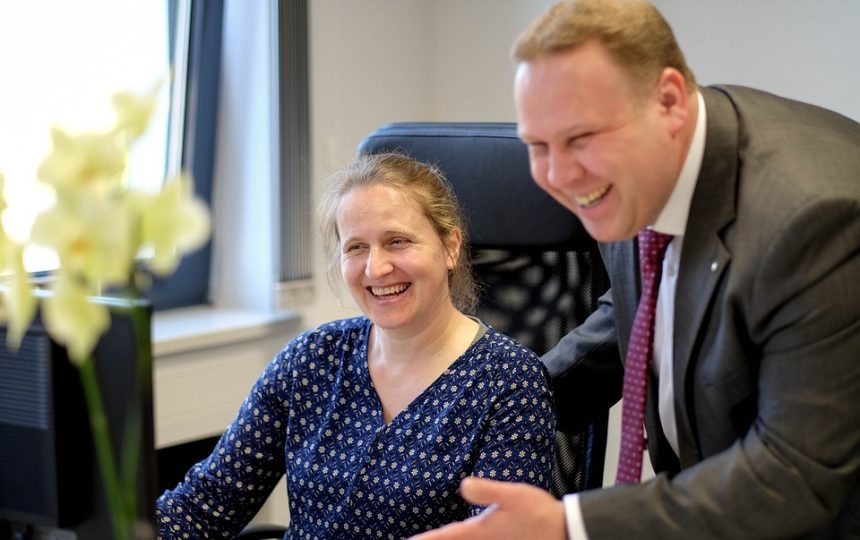Conflict is an inevitable part of human interaction. Whether between friends, family members, coworkers, or even strangers, misunderstandings and disagreements occur regularly. However, knowing how to resolve conflicts effectively can transform challenging situations into opportunities for growth and understanding. In this article, we’ll explore essential techniques for everyday conflict resolution, making it easier for you to navigate disputes with empathy and clarity.
Understanding Conflict
Before delving into techniques, it’s important to understand the nature of conflict. Conflicts arise from differing opinions, values, needs, or desires. They can be minor disagreements or escalate into significant disputes. At their core, conflicts often result from miscommunication or unresolved feelings.
Essential Techniques for Resolving Conflict
1. Active Listening
One of the most crucial skills in conflict resolution is active listening. This means fully concentrating on what the other person is saying rather than just waiting for your turn to speak. Here are some ways to practice active listening:
- Maintain Eye Contact: Show that you are engaged in the conversation.
- Avoid Interrupting: Let the other person express their thoughts without interruption.
- Paraphrase and Reflect: Repeat back what you have heard to confirm understanding. This can help clear misunderstandings and signal to the speaker that you value their perspective.
2. Stay Calm and Composed
Emotions can run high during conflicts. It’s essential to remain calm and composed. If you feel overwhelmed, take a break or practice deep-breathing techniques. Maintaining a level-headed demeanor can help de-escalate tensions and create a more conducive environment for resolution.
3. Identify Common Goals
Focusing on shared interests rather than opposing viewpoints can facilitate resolution. Ask yourself and the other party, “What do we both want?” This can shift the conversation from confrontation to collaboration, nurturing a spirit of teamwork as you work toward a common goal.
4. Use “I” Statements
Communicating feelings and thoughts using “I” statements rather than “you” statements can prevent the other person from becoming defensive. For example, instead of saying “You never listen to me,” try saying, “I feel unheard when I’m interrupted.” This approach expresses your feelings without placing blame, promoting a healthier dialogue.
5. Seek Compromise
In many conflicts, finding a middle ground is essential. Be open to negotiation and willing to give and take. Encourage the other person to suggest solutions and share your own. A willingness to compromise can reveal new options that satisfy both parties’ needs.
6. Establish Boundaries
Sometimes, conflicts arise from a lack of boundaries. Clarifying your needs and limits can prevent misunderstandings in the future. Make sure to communicate what you are comfortable with and encourage the other party to do the same.
7. Apologize When Necessary
Acknowledging your mistakes is an important part of conflict resolution. If you recognize that you’ve contributed to the issue, a sincere apology can go a long way toward healing rifts. It demonstrates accountability and a commitment to the relationship.
8. Know When to Walk Away
While it’s important to engage in conflict resolution, sometimes the best option is to step away from the discussion, especially if it becomes hostile or unproductive. Taking a break allows both parties to cool off and approach the situation later with a fresh perspective.
9. Follow Up
After a conflict is resolved, it’s beneficial to check in with the other party later on. This shows that you value the relationship and are committed to maintaining a positive connection. It also provides an opportunity to address any lingering feelings or issues that may have been overlooked.
Conclusion
Conflict is a natural part of life, but it doesn’t have to become destructive. By applying these essential techniques, you can approach disputes with confidence, compassion, and understanding. Remember that resolving conflicts is not about “winning” but about finding a solution that respects everyone involved. As you practice these skills, you’ll likely find that conflicts lead to stronger relationships and deeper connections with those around you. Embrace conflict as an opportunity for dialogue, and enrich your interpersonal dynamics in the process.




